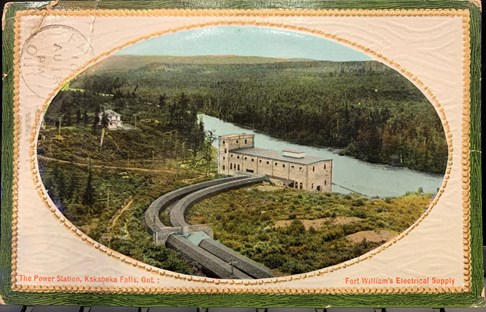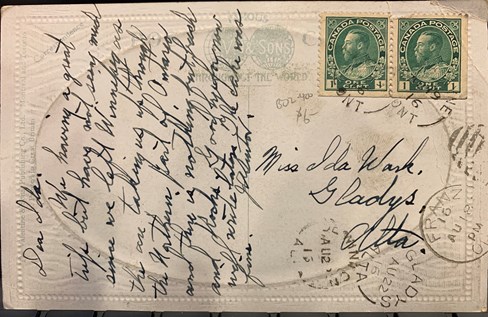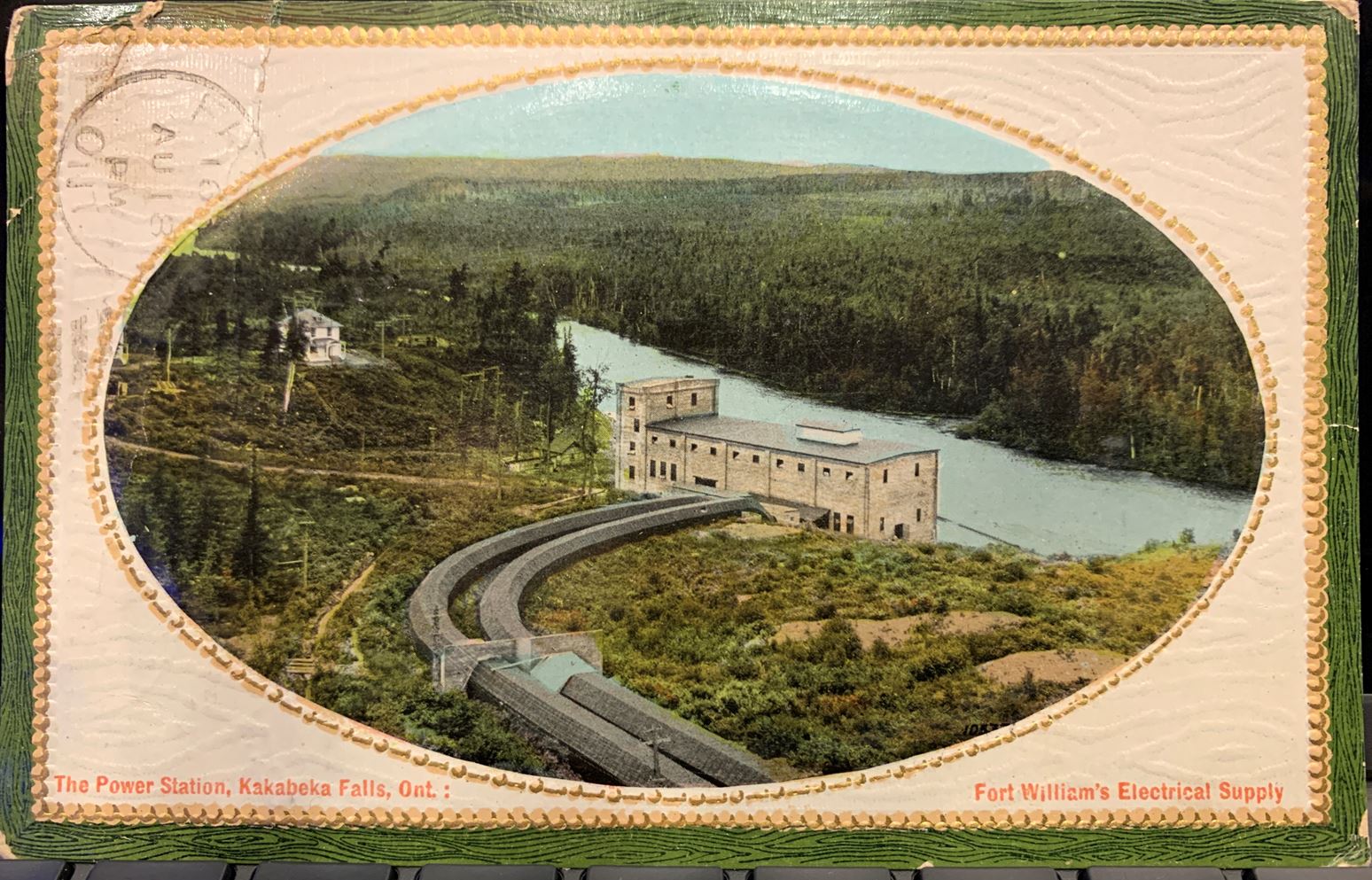Open to all Ivey HBA, MBA, MSc, EMBA and PhD students
Background
The Ivey Energy Policy and Management Centre at the Ivey Business School, in partnership with Peter Tertzakian, Executive Director of ARC Energy Research Institute, are pleased to announce the inaugural Energyphile story competition.
Ivey students are invited to submit a short story on the topic below by end of day February 28, 2020. The winner(s) will receive a total PRIZE of $2,500 and have their story considered for publication as part of Peter Tertzakian’s Energyphile collection of stories about energy in Canada. Submissions will be judged by a panel of Ivey faculty and Peter Tertzakian.
The Competition
Write a story, approximately 1,500 words total that provokes the reader to think about our energy sector past, present, and future. Structure your creative non-fiction story in two parts:
PART I
Look at the postcard below, dated August 18th, 1916, of one of the first hydroelectric power plants at Kakabeka Falls, Ontario. The back of the card reads:
'Dear Ida, We are having a great trip but have not seen much since we left Winnipeg as they are taking us up through the Northern part of Ontario and there is nothing but bush and rocks. Good by for now. Will write later. The cake was fine.'


The card was posted to a person named Ida who lived in Gladys, Alberta. Gladys is 40 kilometers away from Turner Valley, which was the place where Alberta’s oil industry started in earnest. There, it was a time of great excitement in producing this new energy source for automobiles, heating, and other applications.
Imagine you are living in 1916. Maybe you are in a car, a new Ford Model T, driving with Ida in Ontario. Or maybe you are living in Gladys, Alberta, just receiving Ida’s postcard and seeing a hydroelectric site for the first time. Or perhaps you are daydreaming of a circumstance at that time (centred around the postcard) of your own imagination.
Using your creative abilities, write reflections of how different regions—in this case, Alberta or Ontario—develop their regional energy sources for the purpose of generating prosperity for society.
PART II
Now imagine today that you have taken a photo of a current energy source with your mobile phone. You are going to send the image to a friend in a different region. What is the image you send? Write the text for your ‘postcard’ and discuss the business message/lesson you are trying to convey. Your story should conclude with a business-related lesson or thought-provoking conjecture for the reader.
Additional Guidance:
- Feel free to research quantitative and qualitative information that may be relevant to your story.
- Write your story to endure. In other words, decades from now a reader should be able to read your story and appreciate the same lesson at the end.
- Think of your story as a business case study written in the creative non-fiction style.
- Consider the balance between social, environmental, technological, political and economic factors.
As you write, think about how our energy systems have evolved regionally over the past 100 years, where each region has been, how each has come to where they are, and the challenges in where they need to go.
Other Important Details:
1. Stories must be submitted to Laura McLeod at lmcleod@ivey.ca by February 28th, 2020.
2. The competition is open to all Ivey HBA, MBA, EMBA, MSc and PhD students. Students may submit jointly authored stories, and are welcome to co-author across programs and faculties at Western University; however, at least one student must currently be at Ivey.
3. You may email Laura McLeod at lmcleod@ivey.ca for an example of an Energyphile story, The Stairway to Hell, and some background energy charts and data. You are also encouraged to visit the Energyphile website, www.energyphile.org.
4. The Ivey Energy Policy and Management Centre, and Energyphile will have the right to publish the prize-winning submission.
